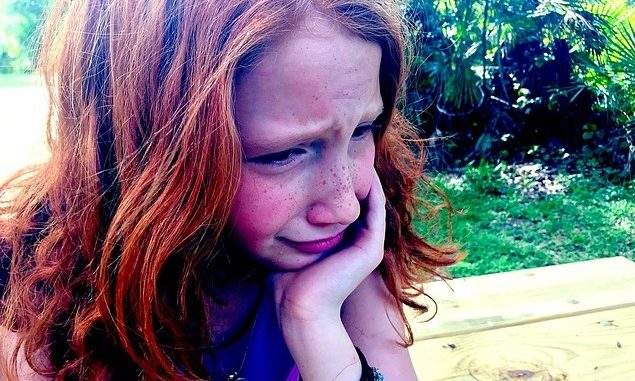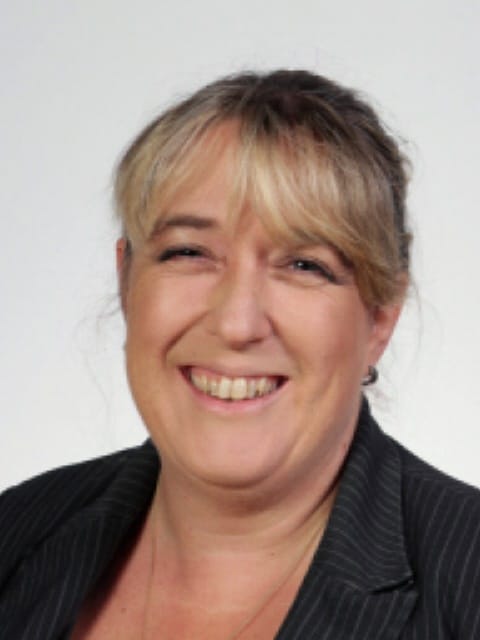
Charles Dickens School in Broadstairs has introduced restorative justice as one of the tools to tackle bullying.
The scheme means bullies have to face their victims and talk with them about the impact of their actions..
Deputy headteacher Michelle Lawson said: “To support all members of the school we have introduced Restorative Justice techniques. A restorative conversation will take place between students or students and teachers following any concerns. This has been a real strength in tackling bullying as both parties are supported to come together and resolve the issues.
“All of the staff have been trained in the techniques and so the time can be given to ensuring that both victim and the aggressor are supported through the process. The Restorative Justice process means that you gain a better understanding of the other person and we have found that it has reduced any further issues.
“Students have engaged well with this and behave in very mature and sensible ways when they attend a Restorative Justice Meeting and the success rate is very high. This is all about students being confronted by the impact of their actions and understanding them and the other person and as such the students do feel that they have the room to put things right.”
The school says making students understand about bullying is a part of every day procedure with peer mentoring playing a large role.

Mr Lawson said: “Our peer mentors are also being developed further to be able to support students, particularly in the younger years. With the help of the Head Start Project they will receive more training to allow them to continue to work with students who are victims of unkindness and haven’t spoken to staff.
“The students are very good at supporting each other to pass on the information so that it can be dealt with and encouraging students to speak to staff.”
Other schemes include Growth Mind Set, aimed at building confidence and raising awareness of how online comments can impact on others.
Mrs Lawson added: “Bullying in our schools is nothing new sadly, our determination to eradicate it remains as steadfast as ever, we just have to find new ways to challenge the constant exposure our young people have to one another and unrealistic expectations that this creates. “The wonderful students at The Charles Dickens School are caring, bright and sensible young people who stand against bullying and victimisation and are very quick to tell staff where and when it is happening.”
Anne Cooper, the nan of Charles Dickens pupil Evee-Anne who was attacked last November and filmed while she was beaten, says the restorative justice scheme “is a start,” but schools should also use existing safeguarding measures more effectively.
Statistics from the Diana Award’s Anti-Bullying Campaign
Bullying is the main reason why children aged 11 years and under contact Childline.
Bullying is the leading concern for boys contacting Childline.
45% of young people experience bullying before the age of 18.
36% of young people aged 8 to 22 are worried about being bullied at school, college or university .
38% believe their school, university or college doesn’t take bullying seriously
More than 16,000 young people are absent from school each year because of bullying
83% of young people say bullying has a negative impact on their self-esteem
30% of young people have gone on to self-harm as a result of bullying.
10% of young people have attempted to commit suicide as a result of bullying
Over the last three years there has been an 87 % increase in the number of Childline’s counselling sessions about online bullying
Get help
ChildLine is the UK’s free, confidential helpline for children and young people. They offer advice and support, by phone and online, 24 hours a day. Whenever and wherever you need them, they’ll be there. Call 0800 1111 or go to childline.org.uk/

